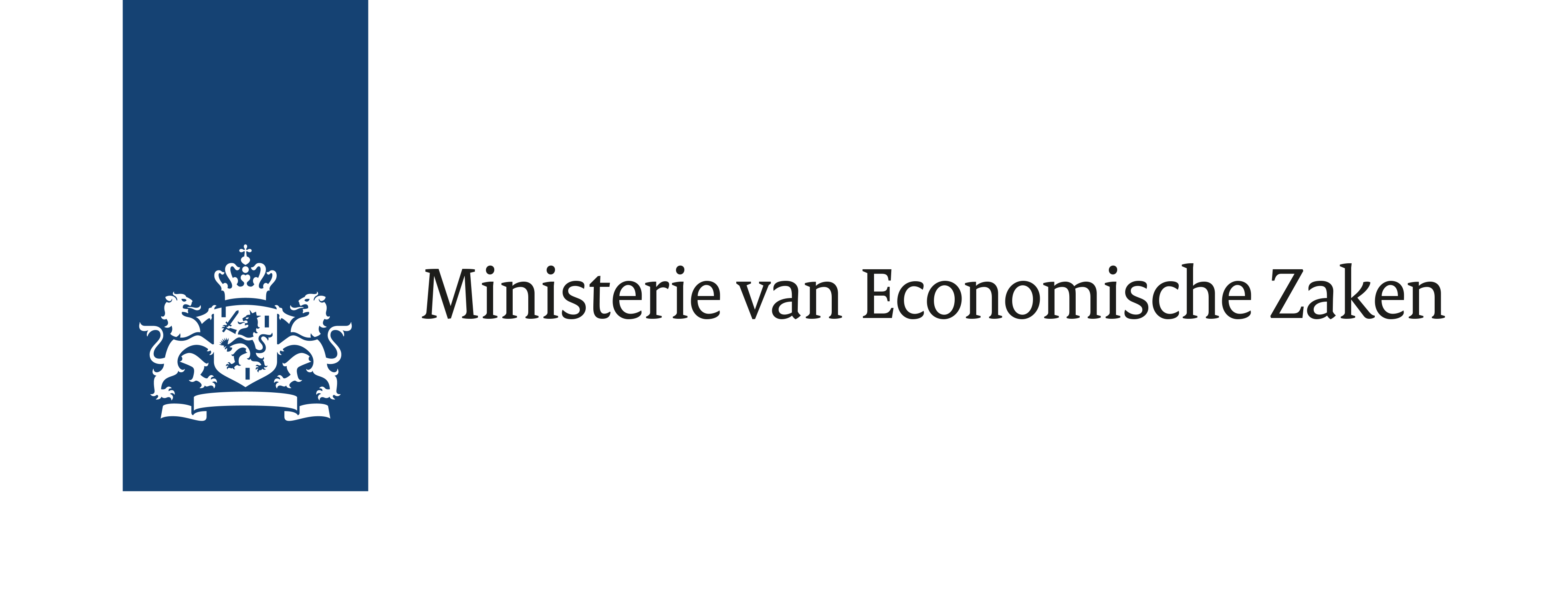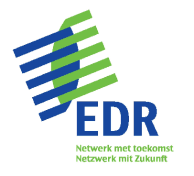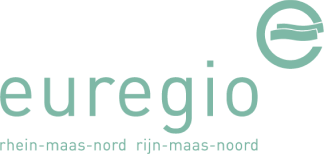Crises or disasters do not stop at the national border and incidents in one country can have a (major) impact on the neighbouring country.
Fighting them is organised differently in both countries, both in legislation and tasks and in structures. Unfamiliarity with these poses barriers in the response. Signed (inter-)national pacts and (eu)regional cooperation agreements help to overcome these barriers. However, they do not yet guarantee effective joint implementation. Dispatch centres, emergency services and crisis management teams need to get to know each other as well as the structures and working methods of the other country.
The project partners make a joint risk analysis, exchange planning and working methods, develop tools for information sharing and jointly train various scenarios. A support centre carried by all parties fulfils a facilitating and directing role and secures the (continuity of the) cross-border cooperation, also after the project period. A proposal on how the cooperation can be sustained afterward will be ready six months before project end.
For more information please visit our website: ermwic.eu















